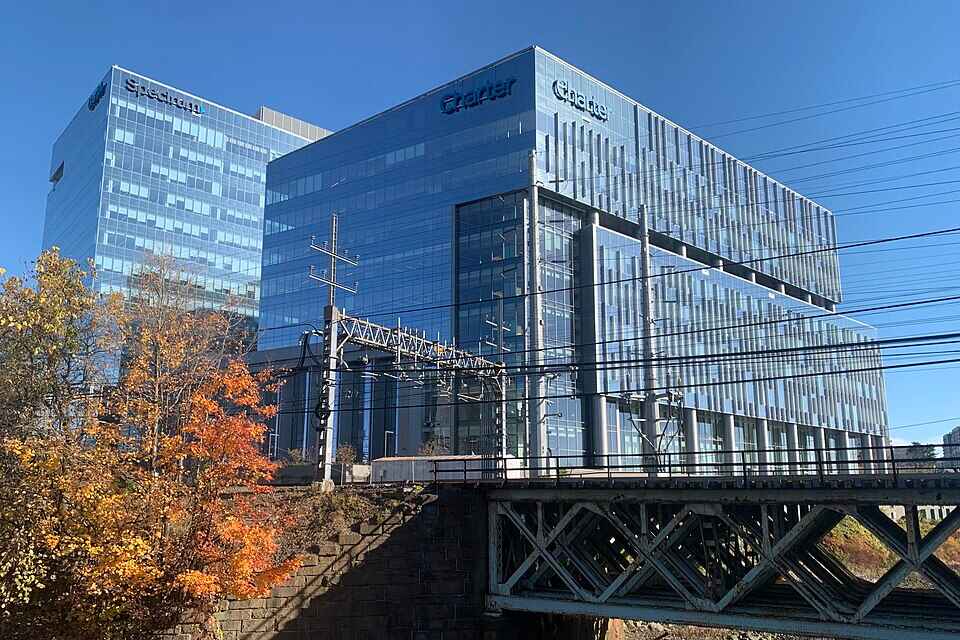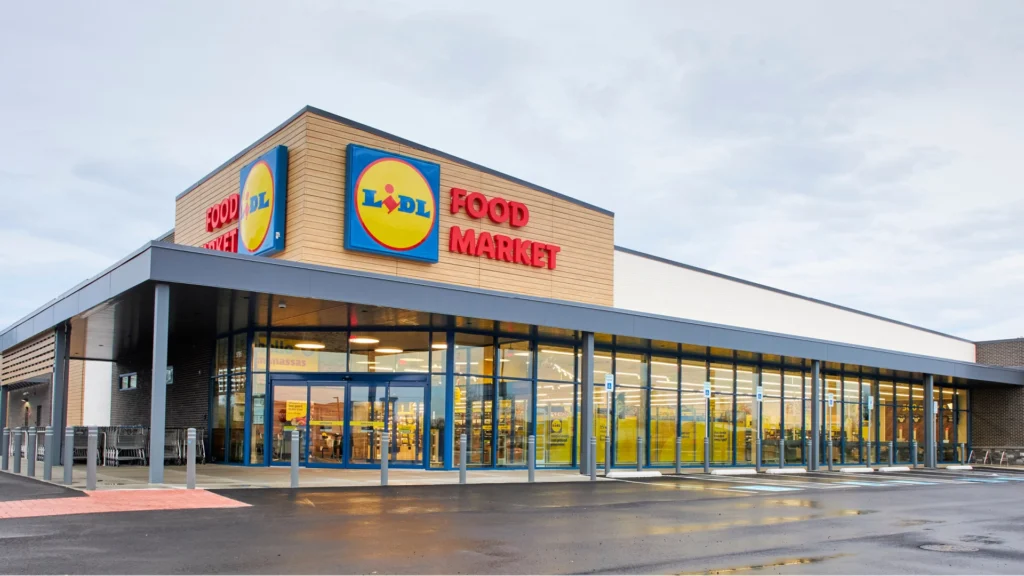Two cable powerhouses just shook hands on a deal that’s rewriting the playbook for America’s television and internet landscape. Charter Communications snatched up Cox Communications for $34.5 billion, creating a cable juggernaut with nearly 38 million subscribers spread across 46 states.
Here’s where the rubber meets the road. Charter walked into this deal with 31.4 million customer relationships under its belt, while Cox brought 6.3 million solid customers to the table. Put them together, and you’re looking at a subscriber base that can reach 70 million homes and businesses. That’s serious cable territory, sitting right behind Comcast’s 51.4 million customer army.
This isn’t your typical buyout. Charter’s taking over Cox’s commercial fiber backbone, managed IT operations, and cloud services – including those Segra and RapidScale business units Cox picked up over the years. Meanwhile, Cox Enterprises gets a pretty sweet package: $4 billion cash upfront, plus $6 billion in convertible preferred units paying 6.875%, and roughly 33.6 million Charter partnership units worth about $11.9 billion.
The merged company also inherits Cox’s $12 billion debt load. Cox Enterprises keeps 23% ownership in the new entity, so they’re not exactly riding off into the sunset.
Charter’s Chris Winfrey stays in the driver’s seat as President and CEO, while Cox’s Alex Taylor slides into the Chairman role. The operation keeps Charter’s Stamford, Connecticut headquarters but maintains a strong presence at Cox’s Atlanta campus. Within a year, everything gets rebranded under the Cox Communications name, though customers will still see Spectrum as their go-to brand.
“We’re honored that the Cox family has entrusted us with its impressive legacy and are excited by the opportunity to benefit from the terrific operating history and community leadership of Cox,” Winfrey noted in the announcement. “This combination will augment our ability to innovate and provide high-quality, competitively priced products, delivered with outstanding customer service, to millions of homes and businesses.”
Cable mergers live and die by synergies, and this deal promises $500 million in annual cost savings within three years. That’s merger science 101 – combine operations, eliminate redundancies, negotiate better deals with vendors, and watch the savings stack up.
Charter’s Q1 2025 financials show the challenge: $13.7 billion revenue (up just 0.4% year-over-year), $5.8 billion adjusted EBITDA (up 4.8%), 514,000 net mobile line additions, but 60,000 broadband subscriber losses. The mobile growth helps offset cord-cutting, but broadband remains the cash cow.
Every mega-merger faces the regulatory gauntlet. This deal needs Charter shareholder approval and a green light from the Department of Justice’s antitrust division. Companies expect closure sometime around mid-2026, assuming regulators don’t throw any curve balls.
Similar Posts
Charter’s stock jumped more than 6% when the news broke. The company’s been on a roll, gaining about 22% since January 2025 while most cable stocks struggled. Wall Street likes the scale play and synergy potential.
Cox’s network serves 6.3 million customers, with 5.9 million on internet plans, generating $13.1 billion in revenue during 2024. Their infrastructure reaches 12 million homes across 30+ states, and they jumped into mobile services in 2023.
The combined network gets some serious tech upgrades. Plans include rolling out DOCSIS 4.0 unified chipsets capable of 25 Gbps speeds, developed with Broadcom and Comcast. Spectrum Enterprise’s cybersecurity portfolio adds Cisco Duo and Cisco+ Secure Connect integration for business customers.
Charter landed FCC Rural Digital Opportunity Fund money to connect 5.2 million locations with gigabit speeds. Q1 2025 saw 89,000 rural broadband build-outs completed, adding 39,000 rural customers. Charter plans roughly 450,000 new rural connections in 2025.
Both companies played up the “America First” angle, positioning the merger as putting jobs first by bringing customer service roles back from overseas. Charter already runs entirely U.S.-based customer service operations. Specific job numbers weren’t disclosed, but the combined workforce hits around 150,000 employees.
Cox earned Zero Waste to Landfill certification ahead of schedule. The company holds DiversityInc Top 50 status and operates under the “FutureFocus 2034” sustainability framework.
Traditional cable maintained 24% of TV viewing in March 2025, according to Nielsen. But streaming keeps gaining ground, and major networks like Disney’s ESPN, Fox Corp., and Warner Bros. Discovery’s CNN launched direct-to-consumer platforms, cutting cable distributors out of the equation.
Charter and Cox talked merger 12 years ago but couldn’t make it work. Cable legend John Malone flagged Cox as a merger target in late 2024, proving some deals need time to ripen.

Charter built its current muscle through the $78.7 billion Time Warner Cable deal in 2016, transforming from regional player to national powerhouse.
The Charter-Cox combination puts together two complementary networks with projected $500 million in annual synergies by year three, pending regulatory approval over the next 9-12 months. The new company serves approximately 38 million customers across 46 states, operates under the Cox Communications corporate name while keeping Spectrum as the customer-facing brand. Cox Enterprises maintains 23% ownership of the combined entity, which takes on Cox’s $12 billion debt while pursuing efficiencies through network integration and consolidated operations.


















